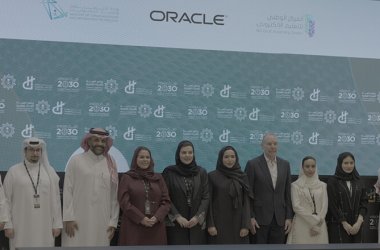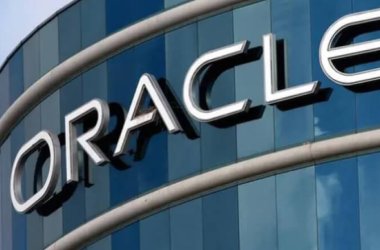 Oracle this week filed what is likely the first of several requests that the patent office reconsider its initial rejection of a patent relevant to Oracle’s legal dispute with Google.
Oracle this week filed what is likely the first of several requests that the patent office reconsider its initial rejection of a patent relevant to Oracle’s legal dispute with Google.
In June, the U.S. Patent and Trademark Office in a preliminary reexamination rejected all or some claims in four of seven patents that Oracle alleges Google infringes in Android.
Google asked the agency to reconsider the patents after Oracle sued it for infringing them in Android. Oracle claims, in a lawsuit filed in the U.S. District Court for the Northern District of California, that Google infringes Java patents in the Dalvik virtual machine that runs Java applications in Android. Java was developed by Sun Microsystems, a company Oracle purchased last year.
In hundreds of pages of documentation, Oracle now requests that the patent office reconsider its preliminary rejection of patent number 7,426,720. The patent covers technology related to a runtime environment and, according to Oracle’s expert witness, provides a new approach to virtual machine memory management.
Oracle includes a statement from Benjamin Goldberg, a computer science professor at New York University, who argues that some of the prior art that the patent office cites during its preliminary reexamination isn’t the same as the technology in the ‘720 patent.
Oracle also offered the patent office a side-by-side comparison of its patented technology next to Android, in what it calls a “copy chart.”
“Of all the patents Oracle has asserted against Google, this one could be the most strategically important,” Florian Mueller, a patent expert who has been following the case, said. “That’s because it is the most recently awarded patent at issue and is valid until 2025. The other patents expire in or before 2018,” Mueller said.
If the court agrees that the ‘720 patent is important and that Google has infringed it, the term of the patent’s validity will impact the amount of damages awarded to Oracle, Mueller noted.
In its letter, Oracle also says that the technology behind patent ‘720 was created because customers asked for it.
“As asserted in Patent Owner’s patent infringement complaint, Google copied Patent Owner’s claimed invention, presumably in order to come up with its competing Android software without having to invest the substantial time and resources that Patent Owner did in the claimed invention,” Oracle wrote.
The dispute between Oracle and Google could take years to conclude, if both companies continue to pursue appeals and challenges with the patent office. The companies are scheduled to appear for a hearing on July 21 during which Google will argue that the court should throw out a damages estimate calculated by an Oracle expert witness.





